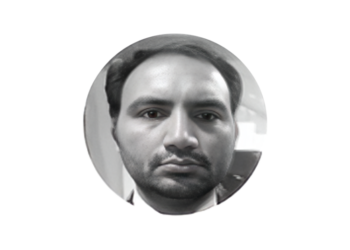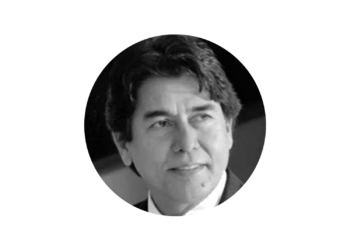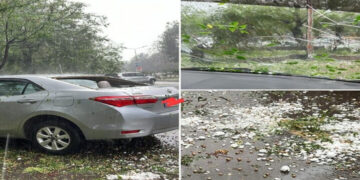One of the most impactful books I have ever read was “Confessions of an Economic Hitman” by John Perkins. I read it nearly ten years back and followed up recently with its updated version. It got me intrigued how the economic order in the world will keep other countries poor and indebted at the cost of others, and whether Pakistan will be among those countries.
Who is an economic hitman? According to Perkins, EHMs are highly paid professionals who cheat countries around the globe out of trillions of dollars. They funnel money from the World Bank, IMF, USAID, and other ‘aid’ organizations into the coffers of huge corporations and the pockets of a few wealthy families who control the planet’s resources. Their tools include fraudulent financial reports, rigged elections, payoffs, extortion, and even murder. They play a game as old as empire, but one has taken on new terrifying dimensions during this time of globalization.
Perkins was an economic hitman for three decades and now lectures around the world on the real story of how the United States really took over the world. These men encourage world leaders to become part of a vast network that promotes US commercial interests. In the end, these countries are ensnared into a web of debt and their leaders are used to satisfy political, economic or military needs. In turn, these leaders bolster their position by bringing developmental projects, while the owners of US-based engineering and constructions become wealthy. If they falter, a more malicious form of hit, the jackal, step in. And if the jackals fail, then the military takes over (case in point Iraq).
Perkins has often been often asked how we can identify an economic hitman as the world has changed radically. He says these people are abundant now with euphemistic titles, walking the corridors of global corporations to promote their vested interests. We are complicit and are unwittingly part of this system. These global financial institutions and corporations have failed the current geopolitical and economic system. We can’t get rid of them entirely as they are interdependent on them but we can gradually shift the attitudes and goals of those who manage these companies.
During college, we are taught that the main aim of a corporation is profit maximization. However, this comes at huge environmental and social costs as they exploit natural resources and promote debt and materialism.
Perkins believes the current economic order cannot sustain any longer and is on the verge of collapse. Instead, we need a system that cares for the planet and future generations.
Perkins worked mostly in Latin and South America but has given several examples of how economic hitmen worked in other countries. He narrates how the presidents of Ecuador and Panama were assassinated in crashes because they opposed the system. How Chevron got control of Indonesia’s vast oil resources by giving an exaggerated report that the region will witness unprecedented economic growth. He narrates how Saudi Arabia became a modern industrial nation by reaching a deal with the US for maintaining oil supplies in exchange for political and even military support to retain power. And how Iraq was invaded because Saddam Husain, who was undoubtedly a tyrant with blood of mass murder on his hands, didn’t accept petro-dollars. This is the true story of the post-colonial US empire.
After reading the book, it got me wondering if the economic hitmen are active in Pakistan as well. We have a long history with the IMF and has received a bailout on numerous occasions. Our external debts have crossed $116bn which we will never to able to repay. . And how men with titles such as adviser and analysts often run our economic policy. The World Bank and other financial institutions are funding development projects such as dams, roads and highways. Many are delayed for years and are hardly completed while politicians boast about launching these projects to maintain their popularity.
All the conditions which Perkins has mentioned in his book to identify whether we are part of this system seem to apply to Pakistan. Does this mean we will remain in debt forever and continue to fall for these sinister and coercive techniques? Will we ever become a developed nation? This has offered a new perspective on how we can play a role in changing this system into one which ensures equality and prosperity for all.




























